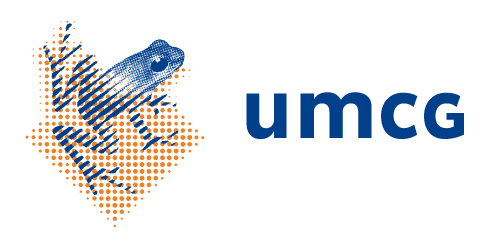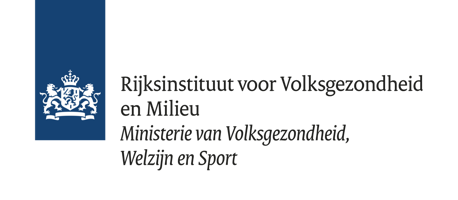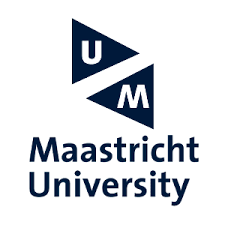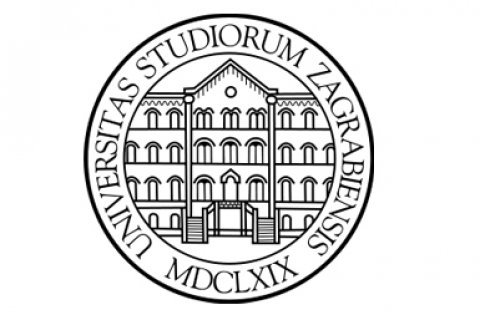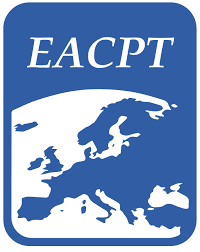

Period
Location
Contact person
Onderzoek Jelle TichelaarThe health care system is a major contributor to environmental pollution, which has led to health threats worldwide. The greatest single cause of this environmental impact is the production and use of medication and other chemicals. Consequently, medication is an area in which there are significant gains to be made for the benefit of Planetary Health. ‘Planetary Health’ is about the connection between major changes in the global environment and their impact on our health. It encompasses not only climate change, but also biodiversity loss, pollution and other global changes that have the potential to undermine the foundations of our health.
It is vital to equip present and future prescribers of medication with guidance to incorporate sustainability in their therapy choices in a targeted way, alongside the existing general sustainability advice in terms of avoiding unnecessary medication use. However, the current lack of information and knowledge in this field make this a tall order. The objective of our international project is therefore to take the first steps towards integrating Planetary Health into pharmacotherapy education.
Our eventual ambition is to enable and promote sustainable therapy choices as part of existing therapies. To this end, we are working to create new, innovative and shared teaching formats, materials and approaches.
Inholland’s Faculty of Health, Sports and Social Work offers two Master’s programmes in Nursing: Advanced Nursing Practice and Physician Assistant. Both offer pharmacotherapy education in partnership with Amsterdam UMC. The staff who teach the programmes are key figures who take part in this research project alongside their students. This is relevant, because specialist nurses and physician assistants are being authorised to prescribe medication in a growing number of countries.
Thanks to the partnership between Inholland and Amsterdam UMC, this project is also able to target prescribers who are not physicians. In combination with the standard role that Inholland plays in this research project, we also contribute actively to the various research activities and the large-scale dissemination of the results among specialist nurses.
The research is led by Jelle Tichelaar, endowed professor of Interprofessional Collaboration & Medication Safety. Jelle is carrying out this project in close cooperation with Joost Piët, physician-researcher and lecturer in Pharmacotherapy at Amsterdam UMC.
'Increasing numbers of physicians, specialists and other prescribers are keen to know more about the environmental impact of medicines.'
Already, there are many initiatives to emphasise awareness among students of Planetary Health in the health care system. Measures designed to combat environmental load, excessive medication use and medication wastage are also in place. Teaching about Planetary Health in the health care system includes many references to these.
However, this teaching is not yet specifically focused on helping individual current and future prescribers choose the most environmentally friendly therapies, based on the total environmental load of each medicine. That is why this research project matters: it is the first of its kind to lay the foundations for this type of Planetary Health education in the field of pharmacotherapy. In brief, this project goes beyond raising awareness; it also offers specific tools and strives to get current and future prescribers into the habit of making sustainable prescription choices.
To determine what information is needed to assess a medicine’s total environmental impact, we will need to reach a consensus with experts from the length and breadth of the professional field involving the production, development and use of medication, as well as medication waste and its presence in the environment. This consensus will allow not only teaching professionals and care providers, but also policymakers and pharmaceutical companies, to consider what information must be shared in order to enable sustainable prescription choices.
We are involving the professional field of prescribers because we want to offer them guidance to make sustainable choices. We are attempting to take the first steps towards a system that truly allows for a comparison between medicines based on their total environmental impact. The next step is to integrate this system into pharmacotherapy education, so that teachers can pass this information on easily and current and future prescribers will be taught how to make sustainable prescription choices.
We expect the key outcomes of this project to be:
'It would be great if, at the end of the day, we could equip professionals with specific guidance that will actually allow them to make environmentally friendly prescription choices.'
